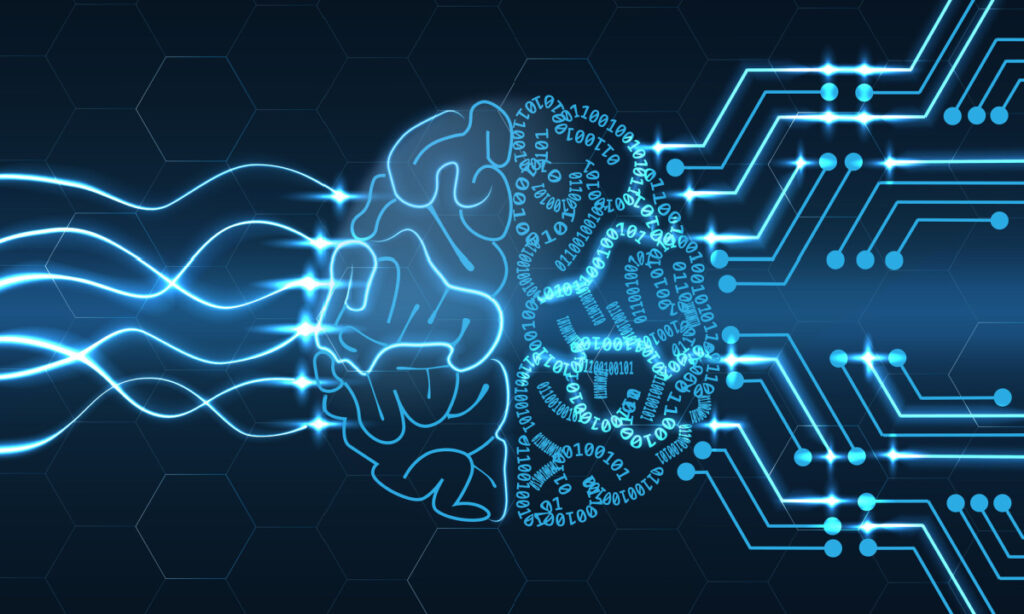In this week's artificial intelligence (AI) news, Sen. Mitt Romney's effort to increase federal oversight of AI faces challenges, and game developer RiseAngle uses AI to improve workflows. and how the NSA warns of AI cybersecurity threats.
Experts point out challenges with proposed federal oversight of AI
Sen. Mitt Romney's proposal to increase federal oversight of artificial intelligence (AI) is facing a roadblock. Experts highlight the challenge that the technology's rapid evolution and diverse applications make effective regulation difficult.
Observers acknowledge the potential dangers of AI, but point to the complexity of determining which systems require intense oversight. They advocate a balanced approach that fosters innovation while managing risk.
Daniel Christman, co-founder of AI cybersecurity company Cranium, highlighted vulnerabilities in existing protections for large-scale language models (LLMs). “Red teams and malicious actors have repeatedly exploited these vulnerabilities, leading to the creation and proliferation of safety and security threats,” Christman said in an interview with PYMNTS. He gave an example of LLM being manipulated to generate instructions for making dangerous devices.
Currently, the United States has minimal federal legislation directly targeting AI. Conversely, the European Parliament recently enacted the Artificial Intelligence Act, establishing the world's first comprehensive legal framework for AI. This law introduces consistent EU regulation on data quality, transparency, human oversight and accountability.
RiseAngle leverages AI to improve game development efficiency
Game developer RiseAngle is now leveraging artificial intelligence to streamline and improve its creative process, joining the growing trend of studios incorporating AI into game design.
RiseAngle recently launched the AI Game Creator suite, a collection of tools designed to simplify game development using AI. AI Match 3 Game Creator allows users to quickly create customized games without requiring advanced technical expertise or resources.
Kaveh Vahdat, founder of RiseAngle, told PYMNTS: “Our long-term goal is to demystify the complex process of game development and make it easy for anyone to create unique, personalized games. There are fewer than 20 million game creators But we aim to help 3 billion gamers become game creators.”
The gaming sector is thriving, with revenues expected to reach $184 billion in 2023. Despite hundreds of new game titles being released every year, game development costs remain high. The projected budget for the main game is expected to soon exceed $200 million, with his $150 million increase from last generation's $50 million and his $60 million in 2014.
RiseAngle is one of several companies leveraging generative AI to accelerate game development. Similarly, as reported by PYMNTS, Jabali employs advanced generative AI technologies, including well-known open source models and proprietary solutions, to help create content for video games. It also leverages established cloud computing and gaming technologies to power its AI-driven gaming engine.
NSA highlights AI cybersecurity threat
The National Security Agency (NSA) has warned of cybersecurity vulnerabilities related to artificial intelligence (AI) systems and new guidelines to help companies strengthen their AI security practices.
As AI becomes an increasingly integral part of business operations, experts warn that these systems are becoming increasingly vulnerable to cyberattacks. NSA's Cybersecurity Information Sheet highlights the unique security challenges posed by AI and outlines strategies for businesses to strengthen their defenses.
“AI offers unprecedented opportunities, but it also opens the door to malicious activity,” NSA Cybersecurity Director Dave Luber said in a news release on Monday (April 15). “NSA is well-equipped to provide cybersecurity advice, AI expertise, and detailed threat analysis.”
The report recommends that organizations employing AI systems implement robust security protocols to protect sensitive information and prevent misuse. Recommended key security measures include regular breach assessments, hardening your IT deployment, implementing strict access controls, increasing logging and monitoring, and restricting access to model weights.
“AI's complexity and ability to process vast amounts of data makes it inherently susceptible to hacking,” John Clay, vice president of threat intelligence at cybersecurity firm Trend Micro, told PYMNTS. Like any software, AI systems can contain exploitable vulnerabilities.”
AI-driven applications improve team collaboration
Artificial intelligence (AI) chatbots are already engaging users in conversations and are poised to facilitate teamwork. Introduced by Swit Technologies, Snap is part of a new wave of collaboration tools that leverage generative AI to optimize project management, communication, and workflow. These tools include features such as meeting schedulers, real-time document collaboration, virtual assistants, and adaptive workflow management systems.
“AI is particularly effective at accelerating or automating aspects of collaboration that can be labor-intensive and error-prone,” Darin Marriner, CEO of Cloverleaf.me, told PYMNTS. This includes enhanced document collaboration, content creation, communication, and information aggregation.
Last year's PYMNTS report examined how generative AI technologies, such as OpenAI's ChatGPT, can improve productivity. Despite the potential job implications, Jordan Zaslav, chief operations officer at Axios headquarters, is optimistic about AI's potential to improve collaboration.



